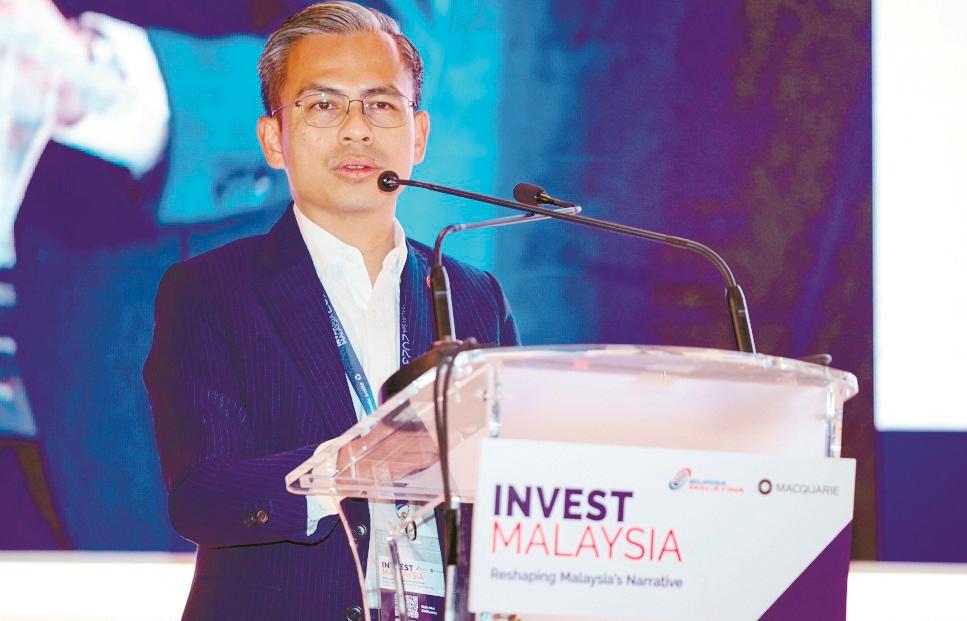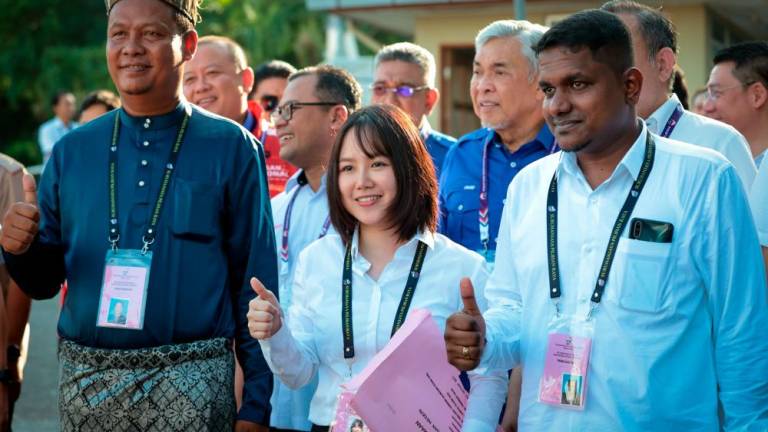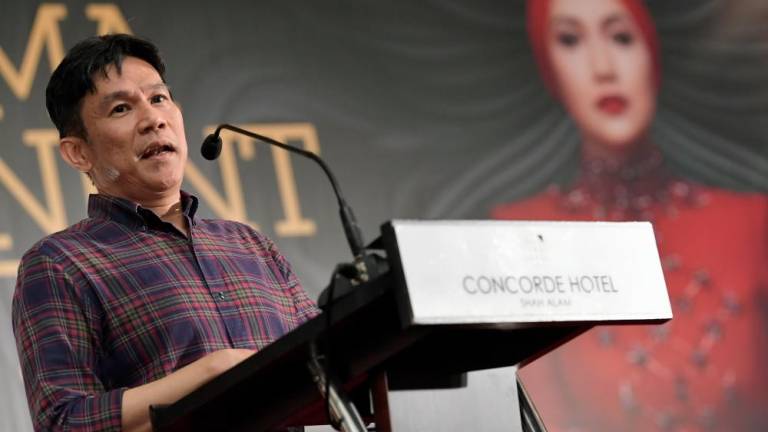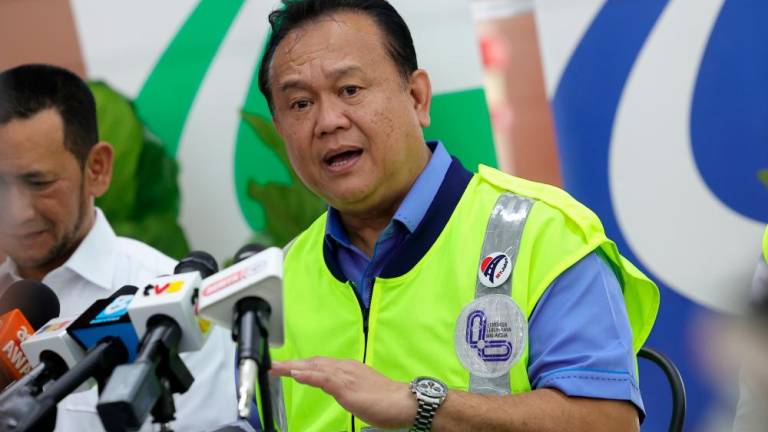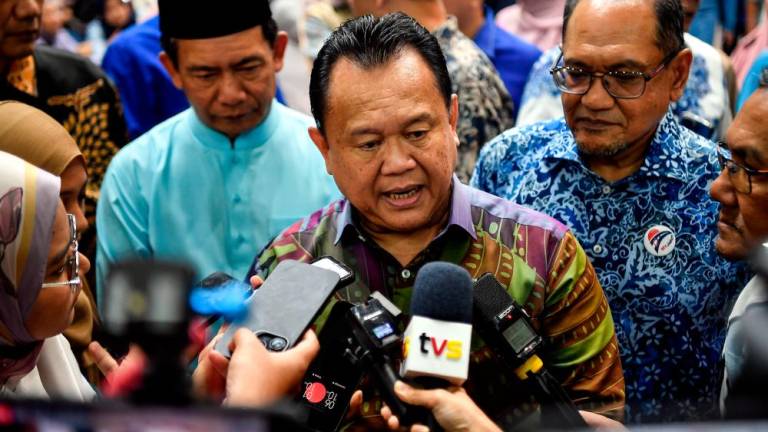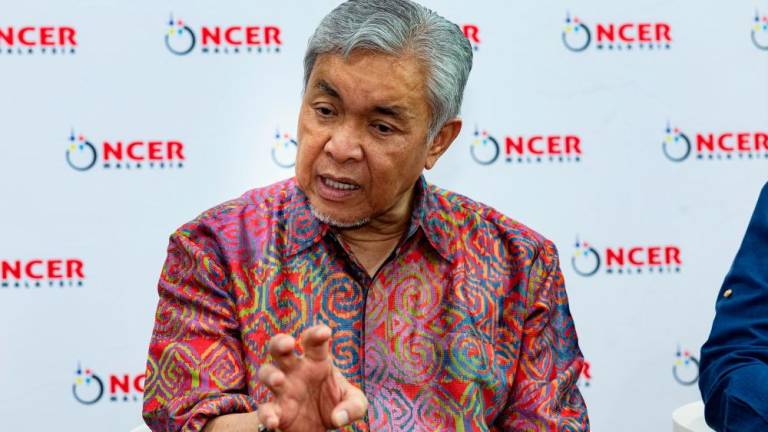KUALA LUMPUR: Malaysia’s 5G network rollout has reached 62.1%, with expectations to achieve 80% coverage by the end of the year, according to the Communications and Digital Minister Fahmi Fadzil.
“As of May 31, 2023, the rollout of the 5G network in Malaysia has achieved 62.1% COPA (Coverage of Population Area) involving 5,058 5G sites, an increase of 2.6% from the previous month (59.5% COPA was reported as of end April 2023),” he said in his keynote speech at the Invest Malaysia 2023 Series 2: Digital Malaysia: Tomorrow’s Infrastructure, Today.
Expressing satisfaction with the current pace, the minister reiterated that the rollout is progressing well. However, he emphasised the desire for an accelerated rate of progress nationwide, both in the peninsula as well as the regions of Sabah and Sarawak.
He said, ”In a number of press conferences from the beginning of this year, I and a number of colleagues have provided a number of updates regarding the 5G rollout — I will repeat here that it is progressing well. I would very much prefer an even faster rate of progress all across the nation, be it the peninsula or the regions of Sabah and Sarawak.”
According to Fahmi, the National Digital Network Plan or Jendela phase two started in the first quarter of this year with RM8 billion in funds.
“It seeks the following goals – the most challenging one is to connect the remaining 3% of the population who live in inland and remote areas. It also seeks to spread fibre broadband access to nine million premises and have mobile broadband speeds of 100Mbps by 2025.
He added, “What will be of particular interest to all will be the shift to the Dual Wholesale Network, which will be spearheaded by private entities.”
In challenging the notion of Malaysia being the sole gateway to Asean based solely on geographical advantages, he said the country now seeks to foster collaborations and explore mutual benefits within the Asean region.
He said Malaysia wants to change its role as the gateway to Asean by prioritising collaboration and mutual benefits among the countries in the region.
“It is often been repeated that Malaysia is the gateway to Asean. But once we remove the geographical reasons that make this statement true, it seems to us that it is better to see collaborations that are possible across Asean, and how we may be of benefit to each other.
“While we fully intend for these technologies to help connect the entrepreneurial spirit of Malaysians to other fast-growing Asean economies which are home to over 600 million people, there are other ways to view our neighbours around us. Of course, as the adoption of these technologies speeds up across the region, one would also expect steep competition between markets to attract the right players in,” he said.
Meanwhile, Maxis Bhd CEO Goh Seow Eng hinted that it will sign a 5G access agreement when speaking at a panel discussion during the event.



